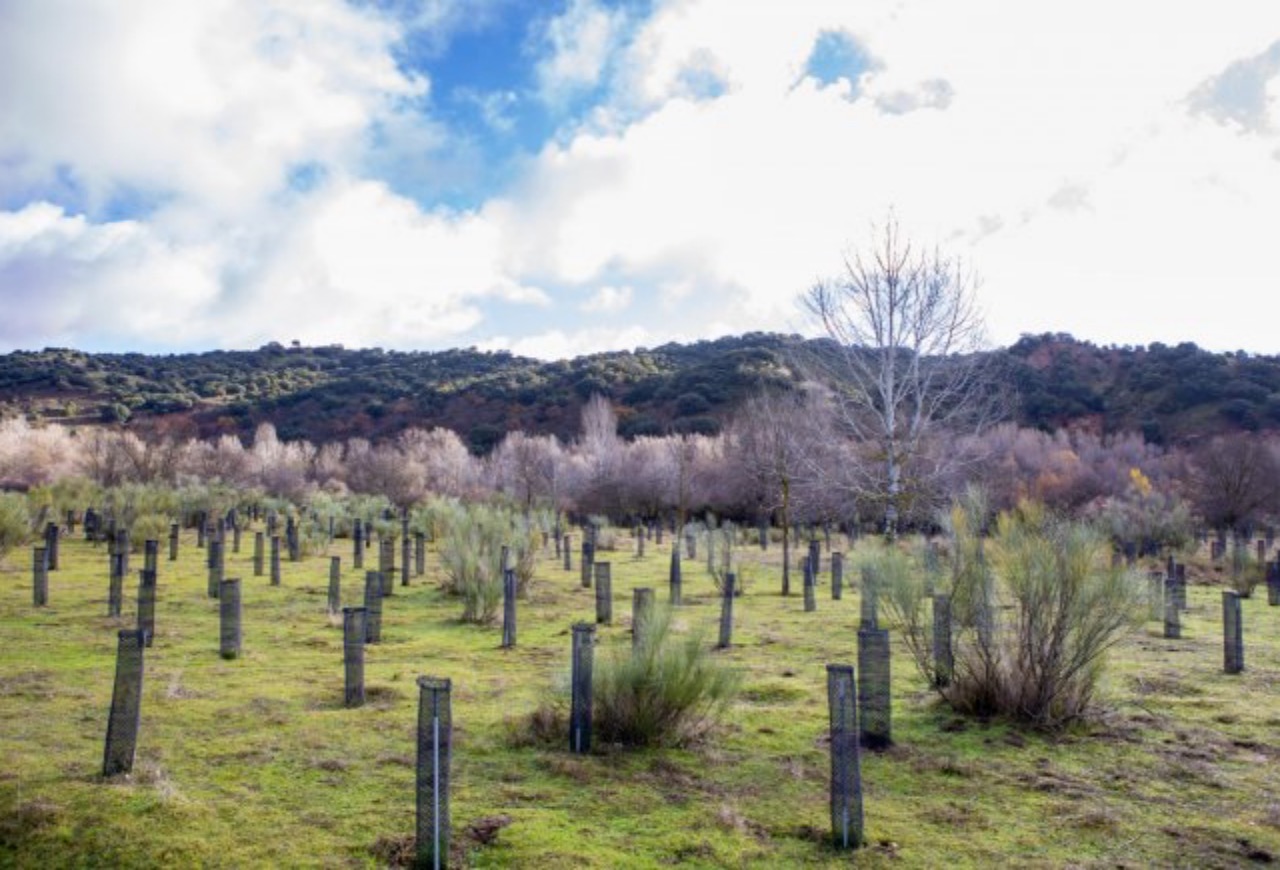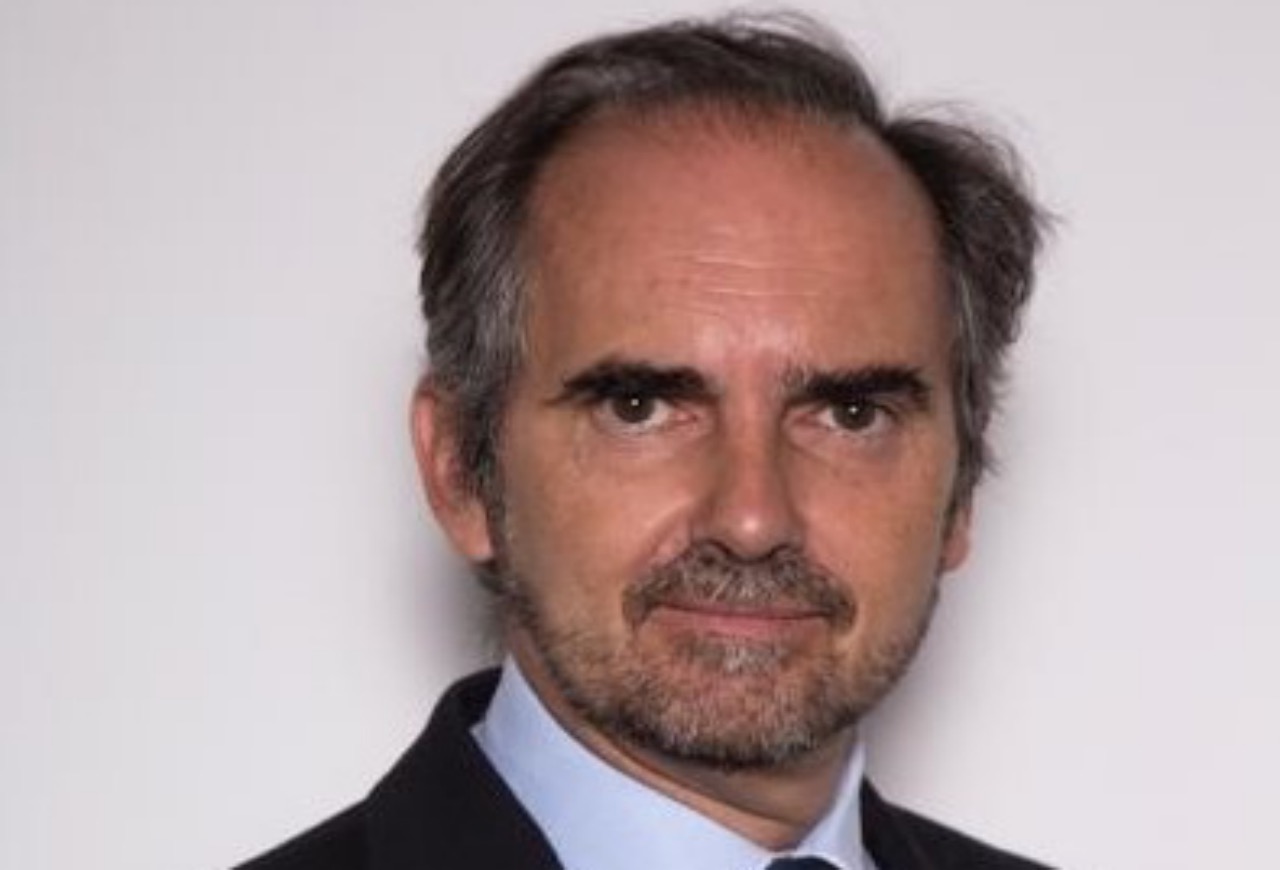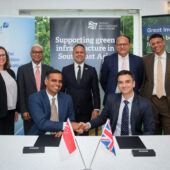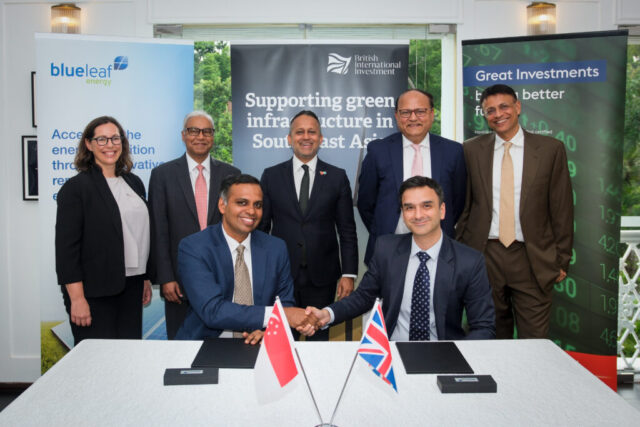Repsol Foundation, Indosuez Wealth Management and Portobello Capital launch €100m fund for large-scale reforestation projects in Iberia, with a target of six million tonnes in carbon offsets over the next five years

The Repsol Foundation, Indosuez Wealth Management and Portobello Capital are raising €100m for the Portobello Carbono Verde fund to reforest more than 24,000 hectares of land across Spain and Portugal.
The fund will target areas that have been affected by desertification, fire and flooding by planting new forests using native species to offset six million tonnes of CO₂ and restore biodiversity over the next five years.
Speaking to Impact Investor, Íñigo Sánchez-Asiaín, founding partner at Portobello Capital, the investment managers for the fund, explains: “One of the major reasons for the loss of forest cover in Spain and Portugal was desertification at the beginning of the 20th century. Through this fund, we want to reverse that by supporting projects that reinstate former ecosystems. This is also one of the criteria to achieve our carbon offset certifications.”

Sánchez-Asiaín says the project is the largest reforestation programme for emissions offsetting in Spain today, and that they hoped to attract interest from high-net-worth investors.
“We are pushing reforestation on a massive scale, and as a public project with a lot of public awareness, we have opened the door to retail investors as well as corporates,” he says.
The Repsol Foundation, Indosuez Wealth Management and Portobello Capital have provided the anchor investment with a total investment target of €100m, which they hope to reach before the end of the year.
Indosuez Wealth Management, the wealth management arm of Crédit Agricole, is in charge of the fund-raising with a focus on family offices, private investors and corporates.
Green Engine initiative
The fund is part of the Green Engine initiative, launched last year by the Repsol Foundation and Spanish forestry group Sylvestris, which aims to promote large-scale reforestation as an emissions offsetting tool in the voluntary carbon market in order to meet the growing demand from companies committing to carbon neutrality.
Sánchez-Asiaín explains that the Repsol Foundation and Sylvestris will oversee the reforestation projects, including identifying opportunities for reforestation, securing the land, and designing and managing the reforestation operations. Sylvestris’s commercial arm will also be in charge of commercialising the projects and selling the carbon offsets to end customers.
Green Engine’s goal is to reforest 70,000 hectares of land and capture 16 million tonnes of CO2 emissions over the coming years.
“If the fund model is successful and there’s enough appetite, we will definitely think about launching new fund-raising targets in the future,” he says.
Social and environmental impact
Sánchez-Asiaín says that one of the main concerns in the voluntary carbon markets in relation to reforestation, has been the planting of trees in unstable regions and where certification standards have been too relaxed.
“The market is shifting to higher quality projects in Western Europe because the traceability is much better and the carbon offsetting certifications are more robust and internationally recognised. Investors in the fund can be confident that the reforestation will be permanent and audited annually,” he says.
In addition to the carbon reduction targets, the fund’s partners aim to generate a positive social impact on local communities through the creation of local jobs, focusing on people from vulnerable groups, and by contributing to the economic development of the rural economy, by providing specialised training and creating new businesses in the forestry sector.
“In Spain, there’s been a lot of talk about what we call ‘empty Spain’, those regions which have lost their inhabitants to the cities. We’re hoping this project will be an example of how to help bring people back and catalyse those rural economies,” says Sánchez-Asiaín.
To measure the rate of CO2 absorption and the sustainable growth of the forest, the Repsol Foundation has signed a partnership agreement with Hispasat, the Spanish satellite communications operator.
The projects will also use drone technology to understand the density and height of the trees and monitor the health of the forest by identifying dangers such as the risk of fire or disease.
Sánchez-Asiaín says the fund, which operates a blended debt and equity structure, will invest the capital over the next eight years and is targeting “attractive double-digit returns”.





